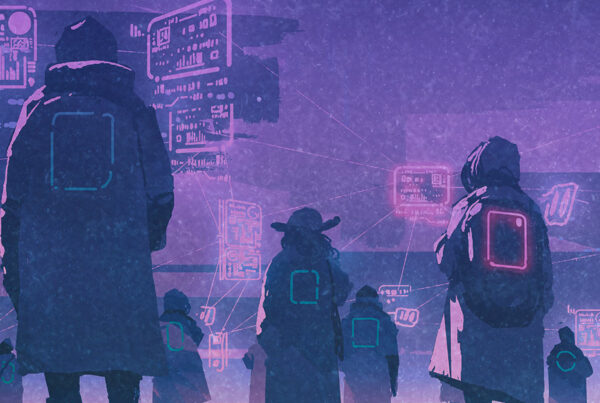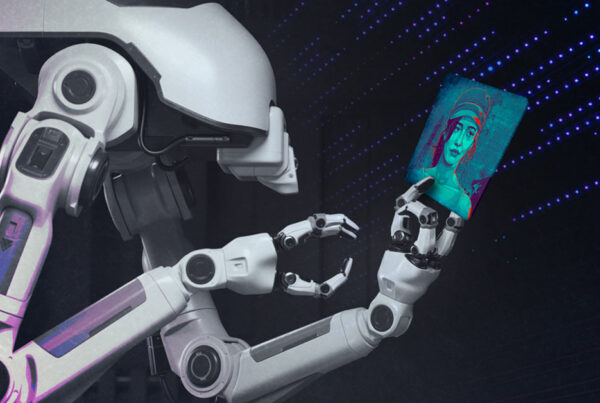How Digital Collectibles Ownership Works
In March 2021, a digital collage by an artist named Beeple was sold for US $69 million (£51 million) at Christie’s Auction House. Since then, these digital collage units have been increasingly popular for owning and storing online media, which is traded through online ledgers called blockchains.
What’s a Digital Collectible
Digital collectibles are exchangeable jpegs or gifs in various art forms, like stunning digital paintings or adorable digital pandas. Unlike natural treasures, a Digital collectible owner can only display the item on a digital screen. One might think they can post it online, but this is only sometimes the case. So, what does one get when they acquire a Digital collectible, and what do they legally own?

Digital collectible content can be developed in various ways. These collectibles may represent a particular piece, like Beeple’s artwork, or a sequence of goods, like music records with unique features and concert tickets. Digital Collectibles allow limited works or collections owners to reach their audience directly. Previously, only the rightful owner of a work of art could sell it online. By law, copyright originates automatically whenever a design is created – as long as it reflects the “author’s intellectual creation.” The creator of a piece owns the copyright and can do whatever they want with it.

How to Buy and Sell a Digital Collectible
When somebody buys a Web3 Digital asset from an artist, they own it. A Digital Collectible is a blockchain-traceable digital ownership certificate for a digital asset. The owner has no further rights to the work. This encompasses copyright rights such as public communication (making the asset available to the entire world) and adaptation or replication, similar to buying a physical collectible. Owning an artwork does not provide you the right to exhibit it publicly. In addition, it does not grant you the right to sue someone who reproduces the painting without your consent.
Digital Collectibles and Copyright
Online material is easy to distribute, duplicate, and replicate. Buyers of Web3 Digital collectibles should know that doing so without the owner’s consent is a copyright violation. Most Web3 Digital assets exchanges (secondary marketplaces where owners of these digital collectibles can buy, sell and trade their assets with others) will enforce copyright and remove any Digital collectible that goes against copyright. These rights can only be transmitted under the Web3 digital collectibles rules in the format of a license. In some Digital collectibles, the buyer was granted restricted copyright usage rights. In other circumstances, the creators have prohibited all commercial use.







